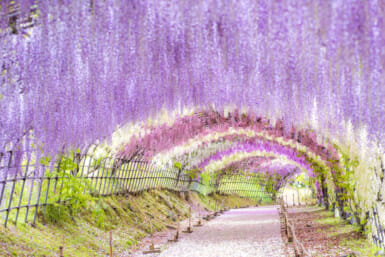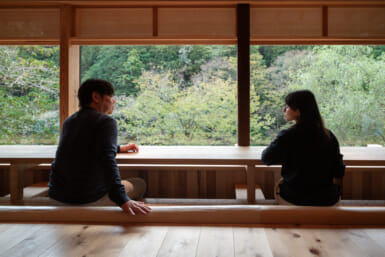If it is true that we get the media we deserve, then we are in a sorry state. Take TV. When I first joined the BBC, it was after an exhaustive screening procedure and ahead of some rigorous training. If I was going to read the news, then I’d better be able to communicate clearly and effectively. I would need to demonstrate a good understanding of the current geography,of history and politics, and of languages. Today’s criteria appear to be somewhat different. To be a presenter now, what seems to matter most is that you are young, female and attractive. Belonging to an ethnic majority appears to be a distinct advantage.
Television the world over has changed—as indeed it should—but it is hard not to feel that much of the change has not been for the better. Post-CNN, the presentation of news must now be a ‘show,’ and the weather forecasts, though far more technically superior than ever before, are reduced to light entertainment: “Hello and thank you for joining me. Over in Timbuktu…”
General programming, too, seems to have hit bottom, Fox-style. The BBC allows the dreadful Jeremy Clarkson—the Jerry Lewis of automotive journalism—world coverage to ruin what could be an interesting program by trying far too hard (and failing far too clearly) to be funny. On both sides of the Atlantic, reality programming reduces everyone who watches to the status of voyeur: dirty macs this way, please.
Japan, of course, is no exception. On channel after channel, you’ll find various tarento wandering the streets and dropping in at eating places, there to find as many different ways as they can to describe whatever they imbibe as oishii (delicious). Or else there will be a studio-based program in which six or eight people will sit around a table and try to talk all at once, as well as eating and trying as many grimaces and facial contortions as they can to demonstrate how oishii whatever it is they are eating and drinking is. Such programs often benefit from the presence of a gaijin tarento; an expat who is willing to make an utter idiot of himself while allowing himself to be the butt of often racist jokes from the Japanese presenters.
Much of this is driven, of course, by what sponsors will pay for, and in times such as these, many have smaller budgets than ever before. And it shows. Additionally, it is now questionable whether traditional TV slots of 15 seconds costing millions of yen are any more effective than a far cheaper presence on the internet, especially if your target audience is the younger generation which—with the possible exception of MTV—is not an avid viewer of conventional programming.
Ian de Stains was a BBC producer-presenter seconded to NHK from 1976 to 1980. During that time he worked on a variety of documentary and drama features. Subsequently, he worked with NTV, writing and narrating programs such as the multi-part series on the restoration of the Sistine Chapel.








